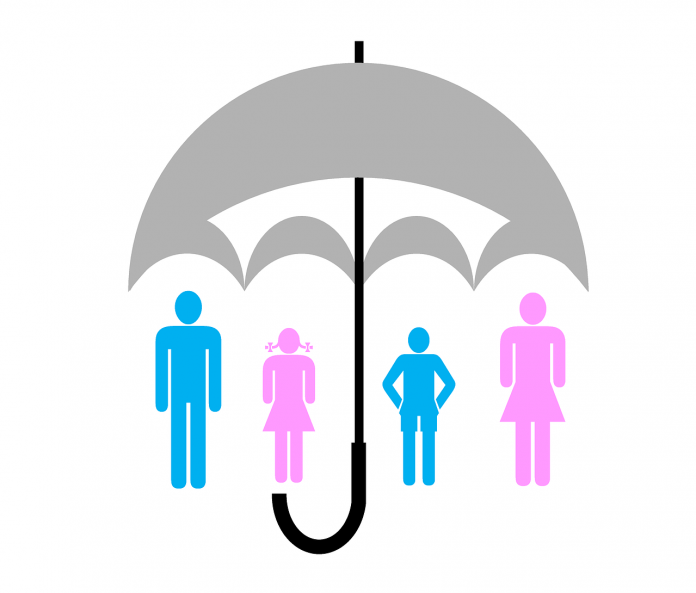
When you are planning a trip, travel insurance is among the last things on the to-do list. And while many consider it just one of the many types of insurance you don’t really need, sometimes buying one is the smartest move. But how to know whether it is worth it? And what exactly are you buying?
The insurance coverage varies depending on the individual policy you sign, as well as who you buy it from. That may be a travel insurance agency, the airline or cruise carrier you are traveling with, or it may be even your credit card. Usually the travel agent or tour operator will also offer you travel insurance. The insurance is not designed to protect you from accidents and misfortunes while on holiday; it’s designed to protect you from their cost – medical bills (which can reach tens of thousands of dollars), stolen belongings, lost luggage, and so on. In most cases, it’s much more trivial, compensating if the trip is cancelled or the flight delayed.
What is the cost?
As a rule, the travel insurance will cost about 5% of the total cost of your trip. However, there are all kinds of policies today and generally, they are much cheaper than they used to be two decades ago. The price always depends on the coverage, so a travel insurance of $10 may sound like a sweet deal, but it will probably be totally useless. As with all things in life, the cheaper is not always the best. If you are flying with a budget airline and your flight is really cheap, then you won’t need an annual policy that includes flight/trip cancellation. But if you are leaving on an exotic, expensive holiday at a luxury resort, cancellation of the trip will cost you thousands of dollars.
What coverage can you get?
The main reason for buying travel insurance by most people is the cover it provides in case your trip is cancelled or seriously delayed as a result of a natural disaster, illness, or some problem with the carrier. So, usually, the independent and carrier-provided insurance policies will refund the total amount you paid (or almost). If you buy travel insurance through the tour operator, don’t expect to compensate your entire losses. Of course, this all depends on the particular company. If the trip is cancelled, you can get around $1,500, while for trip interruption, you can be paid up to $500 a day.
There is also the baggage and personal items coverage, which is necessary if you are planning a trip to a third-world country with high crime levels, or simply a country with high crime levels. But you will also want to pay for this type of coverage, if you want compensation in case your luggage is lost or delayed (which happens to a lot of people every day). This will also cover for any stolen purse, camera, or other personal item.
The emergency medical insurance is the other popular reason why people buy insurance. It’s obvious that it’s a good thing, but it comes with lots of pitfalls and surprises. We’ll get to that. And there is the accidental death or dismemberment insurance – this may sound terrible, but these things happen sometimes. And it’s not only about death or losing your leg – a life-impairing accident may lead to lost eyesight, for instance.
Before determining whether the travel insurance is worth it, or not, we should consider all the drawbacks. There are just too many hidden surprises (not from the pleasant kind) in the policies.
Pitfalls
First of all, before buying travel insurance, make sure you READ THE FINE PRINT. All insurance policies have a list of exclusions. For instance, alcohol is one of them – if you have an accident after drinking a few beers, the insurer can refuse your claim. Also, there is no coverage for countries and areas, which are banned by the Foreign Office/ Ministry of Foreign Affairs, or the State Department. Terrorism is usually also excluded, so if you are caught up in incident and are injured you will have to pay the medical bills yourself. And we all know how fast terrorism spreads right now.































